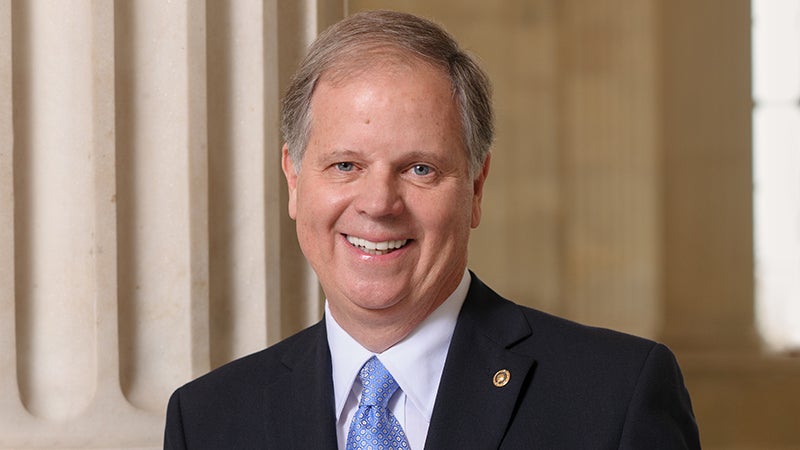Jones urges ECA to ‘forego’ collection of debt payments from university students
Published 4:25 pm Thursday, March 7, 2019
On Wednesday, U.S. Sen. Doug Jones, D-AL, sent a letter to the Education Corporation of America (ECA), a Birmingham-based for-profit education company that closed abruptly in December of 2018, and urged its attorney not to pursue debt payments from students formerly enrolled in any of the colleges the company managed.
ECA represented a number of higher education institutuions across the country, including Virginia College, which had campuses in Birmingham, Huntsville, Mobile and Montgomery.
More than 3,800 Alabama students were enrolled at Virginia College, 670 of which were using veteran benefits.
Since the abrupt closing of the facilities, students have been scrambling to adjust their education plans.
In its third report to the U.S. District Court of the Middle District of Georgia, ECA indicated that there were “outstanding account receivables” in the form of private student debt, but made no mention about which students will be expected to pay or if they would have an opportunity to challenge or dispute the collection of the loans.
“It is fundamentally unfair to collect debts from students who attended a collapsed school and it is shocking that some students would now be receiving surprise bills after their accounts had been dormant for some time,” Jones said in his letter. “Given the extreme circumstances surrounding ECA’s collapse, I am writing to urge you to forego the collection of payments on any debts collected from former ECA students and to write off all amounts owed.
This is not Jones’ first attempt to lean on the for-profit education company – he previously sent a letter to the corporation’s CEO asking for clarity for students impacted by the closures and one to U.S. Department of Education Secretary Betsy Devos asking that she use her authority to extend the relief period for students.
“ECA’s closure has left countless students stuck with debt but without any degree, credential or discernible value from their education” Jones said in the most recent letter. “Many of them are still struggling to make ends meet and to determine how, or whether, to restart their educational careers.”
ECA formerly operated more than 70 campuses and served over 20,000 students across the country, 20 percent of which were veteranbs or military service members.
“ECA entered into a contract with the students to provide an education and that contract has now been clearly violated,” Jones said. “Even for the students who graduated from one of ECA’s colleges, they now have a degree that is less valuable in the marketplace compared to other institutions of higher education.”






